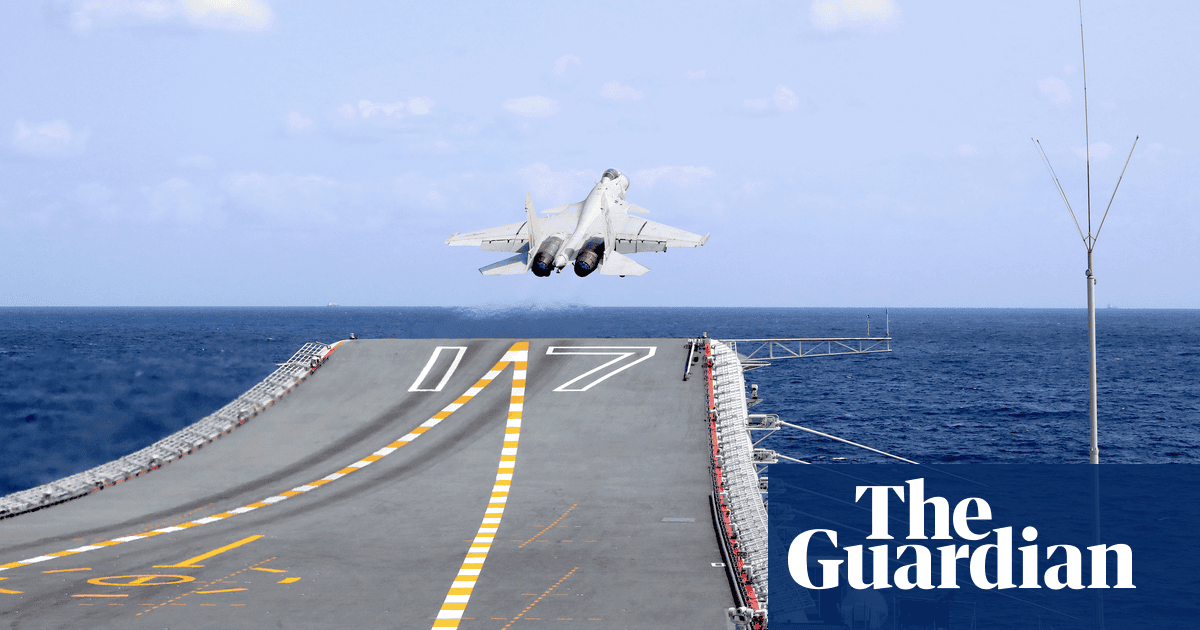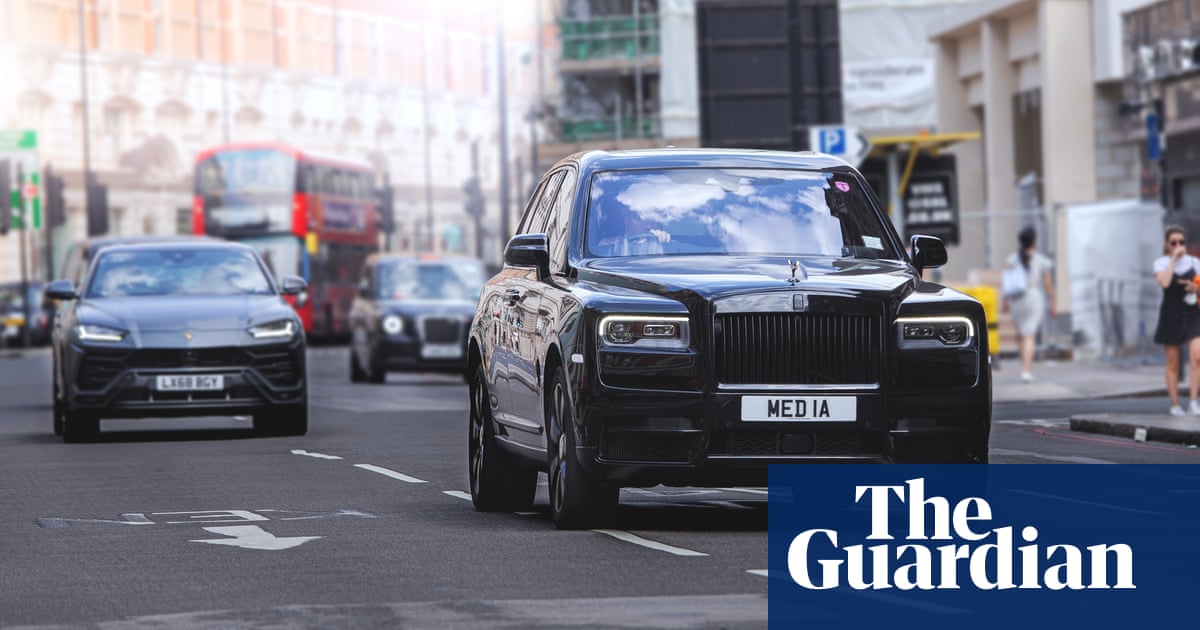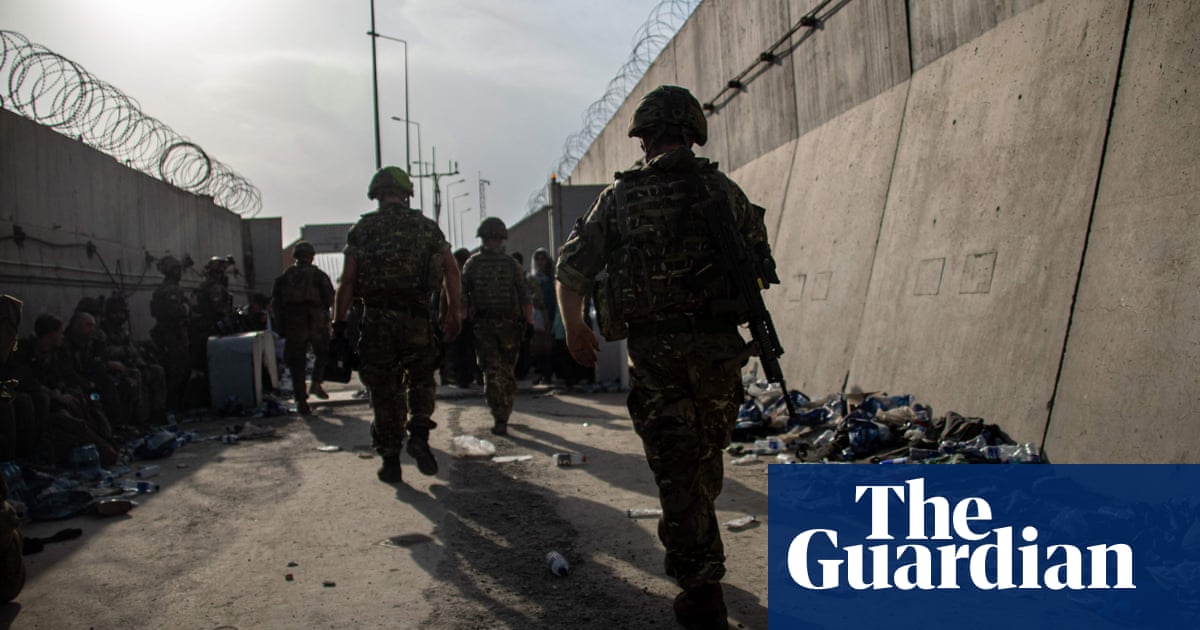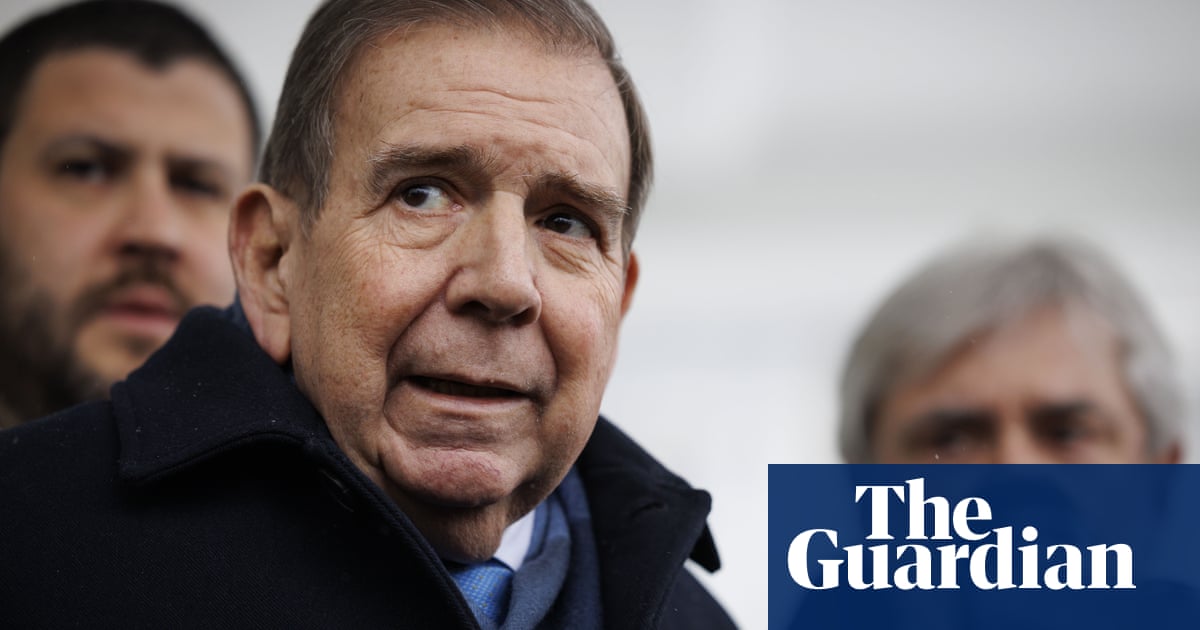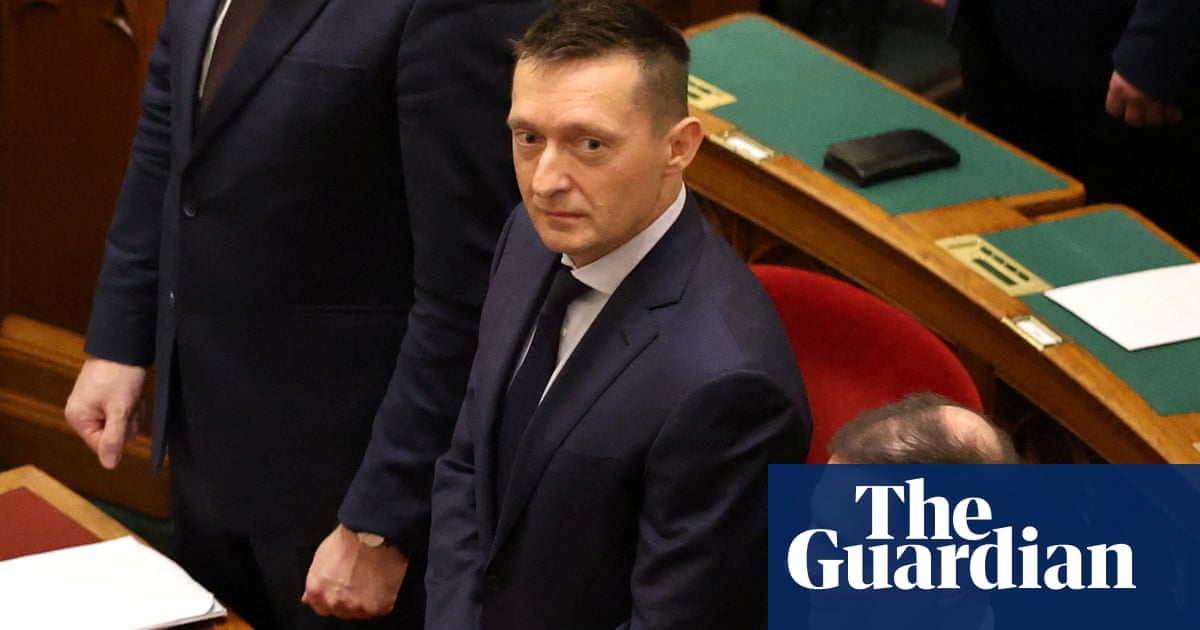It is November 1992 and the US is at the height of its power. Communism has been defeated. The Berlin Wall has been demolished. The Soviet Union has broken up and Russia is being used as the laboratory mouse for free-market shock treatment. Liberalisation of the Chinese economy offers the opportunity for US multinationals to outsource production. An era of American-dominated globalisation has dawned.
Two liberal internationalists – George HW Bush and Bill Clinton – are battling for the presidency. In the end, Clinton defeats Bush, the sitting Republican president, because the protectionist Ross Perot takes more votes from the Republicans than he does from the Democrats.
Much has changed in the 32 years since Clinton became the first baby boomer to enter the White House. As Americans prepare to go to the polls on Tuesday, they do so in the knowledge that their country is still the world’s largest economy and strongest military power. But its supremacy is no longer unchallenged and the unipolar new world order that Bush boasted of in 1991 at the end of the first Gulf War has collapsed.
In the 1990s there was talk of a state-free world where money, goods and people would move freely without hindrance. Controls on capital were removed. Independent central banks set interest rates. The World Trade Organization would break down trade barriers and police the global trading system.
But things quickly started to go wrong and the neoliberal utopia never materialised. Free movement of capital coupled with only the scantiest of regulation led to a series of localised meltdowns that eventually went global in the banking crisis of 2008. China became a much bigger and powerful economy than the US had envisaged. The WTO proved incapable of negotiating new trade deals. Voters expressed anger at slow growth, deindustrialisation and mass migration. The Covid pandemic exposed the fragility of global supply chains. The nation state made a comeback, along with activist industrial policies and protectionism. Bush’s vision of the world marching in step to the US’s tune lasted no more than a decade.
Last month’s Brics summit, hosted by Vladimir Putin, was a sign of the times. Originally a group of five countries – Brazil, Russia, India, China and South Africa – the meeting in Kazan welcomed four new members in Egypt, Ethiopia, Iran and the United Arab Emirates. At least another couple of dozen countries – including Saudi Arabia, Turkey and Indonesia – showed up as observers and are interested in joining the club.
Putin’s interest in an expanded Brics is easy to understand; it sends out a message that – despite sanctions imposed and tightened since its invasion of Ukraine two and a half years ago – Russia is not isolated.
For now, Putin’s ambition of creating a Brics currency as a rival to the US dollar has no real chance of coming to anything. The dollar is stable and easily convertible: it is under no immediate threat. Nor are countries such as India, Brazil and South Africa willing to sever relations with the US and other western countries but instead want to keep a foot in both camps.
However, Kazan was still important for three reasons. First, it demonstrated that sanctions have not led to the collapse of the Russian economy – and probably never will. China and India are willing customers for Putin’s oil, while the domestic Russian economy has also proved to be resilient. Hard though it might be for western governments to acknowledge, Russia can keep fighting for a long time, and is winning the war.
The second thing Kazan has demonstrated is that the bigger emerging market economies are unwilling to bow to western pressure. That applies not only to Russia but also to China, which fears being locked out of western markets by tariffs and other trade restrictions.
If Donald Trump wins on Tuesday he has pledged to impose a 60% tariff on all Chinese imports into the US – a considerable blow given that in 2022 China ran a $400bn (£310bn) trade surplus with the US. Yet the Democrats have taken a tough line with China, too.
after newsletter promotion
Kamala Harris would stick to the less draconian but still robust approach taken by Joe Biden during his presidency, which has included 100% tariffs on Chinese electric vehicles, investment bans and sanctions against technology companies.
Despite attempts to rebalance its growth model towards domestic consumption, China remains an export-dependent economy. It needs to find markets for the goods being turned out by its factories, and while the Brics members are no substitute for the much richer countries of North America and Europe, they include the more important middle-income nations.
The final reason Kazan was important was that it demonstrated the growing influence and impatience of the global south, which accounts for a majority of the world’s population and an ever-growing share of the global economy. The combined GDP of the G7 nations – the US, Japan, Germany, the UK, France, Italy and Canada – has fallen from 67% in 1994 to 44% in 2022, while China’s has quadrupled to 20% over the same period.
The new world order was supposed to produce prosperity for all but failed to achieve that. According to the World Bank, progress in the fight against global poverty has stalled as a result of wars, rising debt, the pandemic and climate change. Rich countries are incapable or unwilling to respond to this polycrisis. The G7 and the west more generally act as if they are still as powerful as they were in 1944 when the World Bank and the International Monetary Fund were created by the Bretton Woods conference.
But this is now a different global economy. No matter who wins the White House race, the west’s dominance is being challenged as it hasn’t been for the past 500 years.

.png) 2 months ago
19
2 months ago
19

